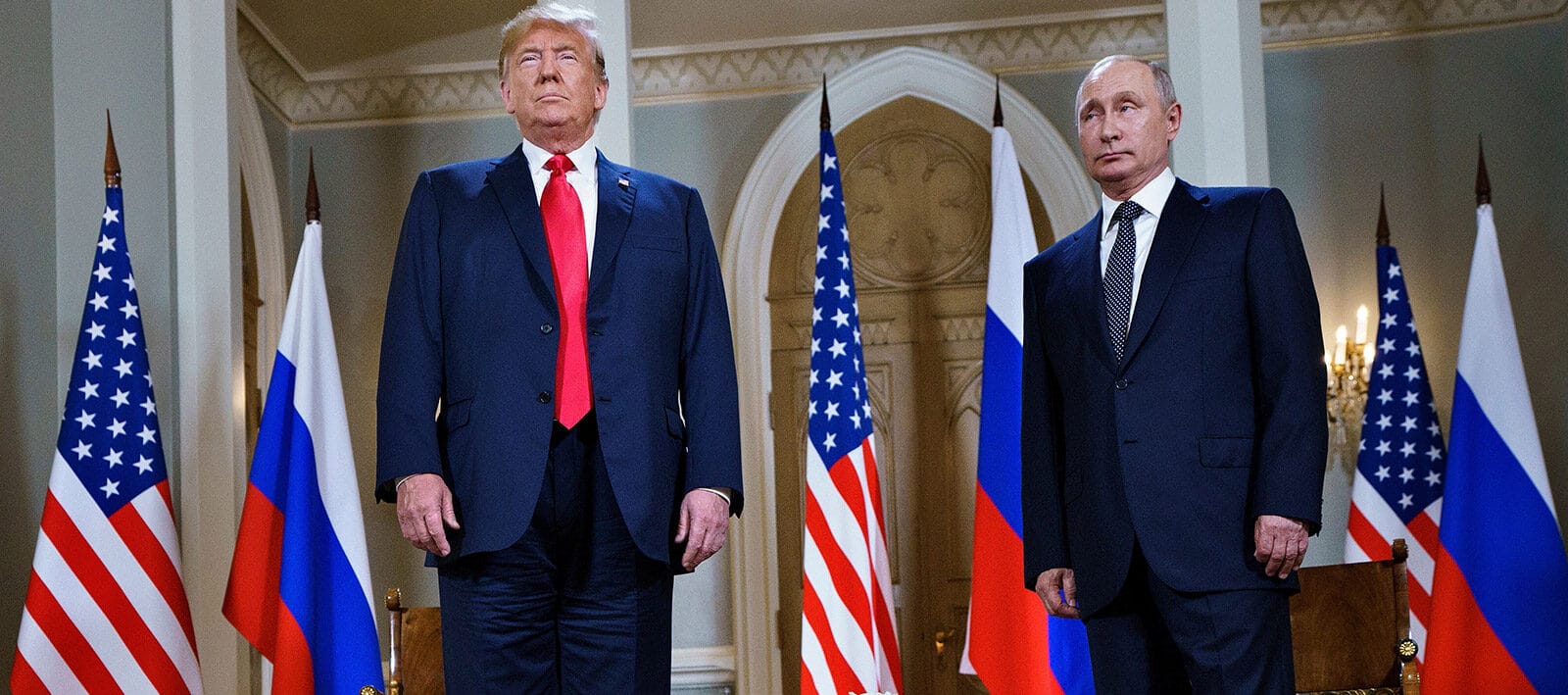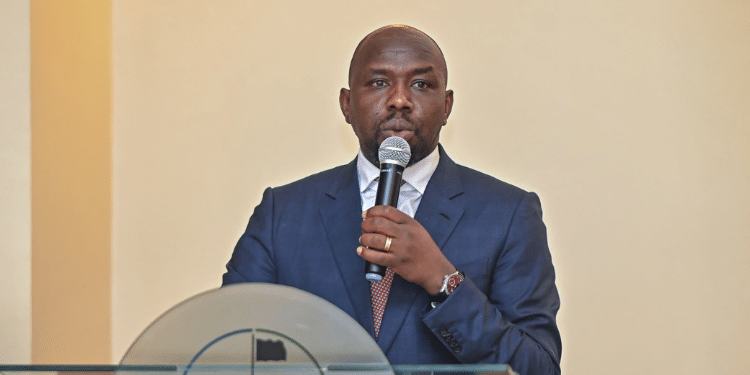Sunday 21 July 2024 shall go down in history as the most consequential day in recent political history following a decision by U.S President Joe Biden to withdraw from the presidential race in November. This was after growing calls from party leaders and donors to have him quit following concerns over his health and mental wellbeing.
This is not the first time a sitting President of the United States has withdrawn his candidature for re-election. In 1968 President Lyndon B. Johnson a democrat withdrew from the race a move which led to the election of Republican Richard Nixon. And just like Joe Biden’s withdrawal, the same came in the background of his poor handling of the Vietnam war despite his successes in passing the Voting Rights Act of 1965, creation of Medicare and Mediaid.
Just like his predecessor, Joe Biden’s withdrawal comes hot on the heels of dismal approval ratings from the onset of his presidency. From the disastrous handling of the Afghanistan withdrawal of troops, to the border migrant crisis, and domestically to his handling of inflation, the list is endless overshadowing his gains of steering the country out of Covid-19, passing the Bi-partisan infrastructural act, creation of millions of jobs and historic expansion of benefits and services for Toxic Exposed Veterans.
However, it should be noted that this withdrawal was unlike any in US history coming barely a month to the scheduled Democratic Convention to be held in Chicago in August. And with former President Donald Trump already endorsed as the Republican nominee, the Democrats have three (3) months to steady their ship if they want another chance at the Hill.

What Kenya can learn from Joe Biden move
So, what lessons can young African democracies such as Kenya’s learn from these events. Well for starters the love for country over love for power. In his speech, President Joe Biden acknowledged that while it was his greatest intention to seek re-election, he believed that it was in the best interest of his party and country to stand down and focus on serving the remainder of his term. This is testament to the love and patriotism that true leaders must embody.
Here in Kenya, the current Commander-in-Chief, President William Ruto is facing a similar quagmire following growing calls for him to step down over his disastrous handling of the economy, unfulfilled pledges for reforms and now the brutal use of police force which has led to scores of citizens dead and others missing. An International Criminal Court – ICC indictee following the chaotic 2007 post poll violence, Ruto’s record is stained with blood and controversy as unique as his meteoric ascension to presidency.
Once considered Africa’s ‘Nelson Mandela’ following his push for a more united and prosperous Africa, now he is the most shunned and talked about President with the recent protests even sparking unrest among neighbouring countries seeking for better governance, a true testament to the mistrust in his leadership.
Previously touted as this ‘fresh change’ to the existing political order of political royalty, Ruto fashioned himself as a ‘hustler’ from humble beginnings who could identify with the problems of the lowly won the hearts and minds of ordinary Kenyans who overwhelmingly voted for him in the 2022 elections. But barely two (2) years into his presidency and his performance has been dismal and only falling.
Zuma’s Case
In Africa, it is rare to have a sitting President acknowledge his inability to lead. The only such admission that has happened at least in memorable history was the dramatic resignation of disgraced former South African President Jacob Zuma (2009-2018). As a politician whose life was characterized by controversy over allegations of corruption and rape and having served as Thambo Mbeki’s Vice President from 1999 to 2005 before his dismissal.
In 2014, Zuma was found to have improperly benefitted from state expenditure on upgrades to his Nkandla homestead, and in 2016 the constitutional court ruled that he had failed to uphold the constitution leading to calls for his resignation an eerily similar situation to his current Kenyan counterpart. The calls further intensified following publication of the Zondo commission’s findings that the Gupta family had acquired immense corrupt influence over Zuma’s administration. In a nutshell, it took 5 votes of no confidence for Zuma to throw in the towel.
This is testament of Africa’s style of leadership where power is visualized as a right rather than an obligation to be wielded for the benefit of the public which it serves. Indeed, America has a long and rich history that spans over two centuries. However, it is not this that makes leaders like Joe Biden to act in the manner they did, but rather a regard for ethics and the rule of law. Frankly speaking Africa and particularly Kenya has a long way to go on that.
And as America looks towards the sunset of over half a century of Joe Biden’s public service and illustrious political career, valuable lessons can be drawn from the same particularly on his overt and undying love for America. And as for his Kenyan counterpart, the world is keenly watching on whether love for country shall triumph love for self.
Follow our WhatsApp Channel for real-time news updates:
https://whatsapp.com/channel/0029VaB3k54HltYFiQ1f2i2C











































































